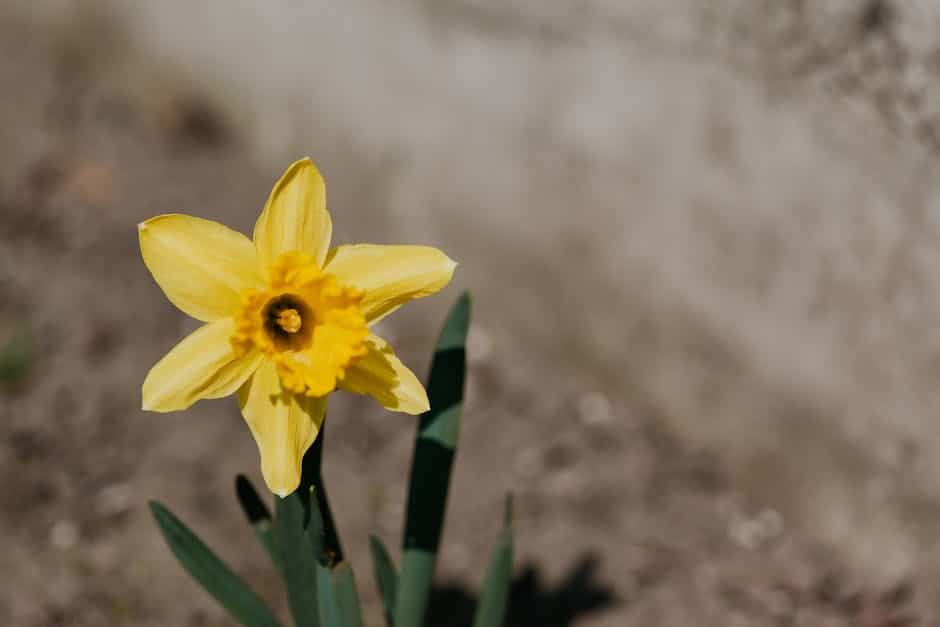How to Choose the Right Soil for an Elevated Raised Garden Bed
If you’re planning to start a garden in an elevated raised bed, one of the most important factors to consider is the soil. The success of your plants depends on the type of soil you choose. In this article, we will explore the different options for soil in elevated raised garden beds and help you make an informed decision.
Potting Soil for Raised Beds and Planters
When it comes to elevated raised garden beds, potting soil that is specifically formulated for raised beds and planters is highly recommended. Ordinary garden soil may not drain properly in raised beds, leading to waterlogging and root rot.
Gardeners.com suggests using a potting mix that is designed for raised beds. These mixes are usually lightweight and contain a blend of materials that provide good drainage and aeration while retaining moisture.
Compost and Topsoil Mix
Another popular option for choosing soil in raised garden beds is a mix of compost and topsoil. According to wikiHow, a 2:1 mix of compost and topsoil is recommended. If you are purchasing bags of soil, aim for a mix of 2 parts topsoil with 1 part compost.
If using ground soil from your yard, it is advised to add 4 to 6 inches of compost and mix it together. This helps improve the quality of the soil and provides essential nutrients for your plants. It is important to use loamy topsoil that allows for water drainage and prevents compaction.
Another approach, as suggested by Gardener Ideas, is to mix compost with topsoil in equal parts or use a 3:1 ratio of compost to soil. This ensures a nutrient-rich soil for your plants to thrive.
Custom Soil Blends
For gardeners who want to create a custom soil blend for their elevated raised garden beds, Bob Vila recommends mixing different soils to meet the specific needs of your plants.
Ingredients such as peat, coir, compost, and perlite can provide nutrients and improve the overall structure of the soil. By experimenting with different combinations, you can create a custom blend that suits the requirements of your plants.
The Miracle-Gro Potting Mix
According to Bob Vila, the Miracle-Gro Potting Mix is a popular choice for raised garden beds. This mix contains a blend of ingredients that promote healthy plant growth, including peat moss, compost, and perlite.
The Miracle-Gro Potting Mix is designed to provide good drainage, aeration, and moisture retention. It also contains essential nutrients to support plant growth. Many gardeners have had success using this mix in their elevated raised garden beds.
A Balanced Soil Mix
For those who prefer a balanced soil mix, Homes & Gardens suggests a combination of topsoil, compost or organic matter, and sand or grit.
The recommended ratio is around 30-50% compost, topped up with good quality topsoil, and up to 20% sand or grit for drainage. This mix provides a good balance of nutrients, moisture retention, and proper drainage for your plants.
Related Websites:
FAQs:
Q: Why is choosing the right soil important for an elevated raised garden bed?
Choosing the right soil for an elevated raised garden bed is crucial for optimal plant growth and productivity. The soil needs to provide proper drainage, moisture retention, nutrients, suitable pH levels, and the right texture and structure.
Q: What are the benefits of using elevated raised garden beds?
Elevated raised garden beds offer several benefits. They provide better accessibility, reduce strain on the back and knees, minimize weed growth, and allow for improved soil quality and drainage.
Q: Which soil types are suitable for elevated raised garden beds?
For elevated raised garden beds, it is recommended to use soil types that offer good drainage and moisture retention, such as loamy soil or a mix of compost, peat moss, and perlite. These soil types ensure proper aeration and prevent waterlogged roots.
Q: How can I improve the soil in my elevated raised garden bed?
To improve the soil in an elevated raised garden bed, it is beneficial to incorporate organic matter and compost. Organic matter enhances soil fertility and structure, while compost adds nutrients. Regularly adding organic matter helps maintain soil health.
Q: Why is it important to test and amend the soil in an elevated raised garden bed?
Testing and amending the soil in an elevated raised garden bed is important to understand its composition, pH levels, and nutrient content. This information allows for appropriate amendments to be made, ensuring optimal plant growth and productivity.






